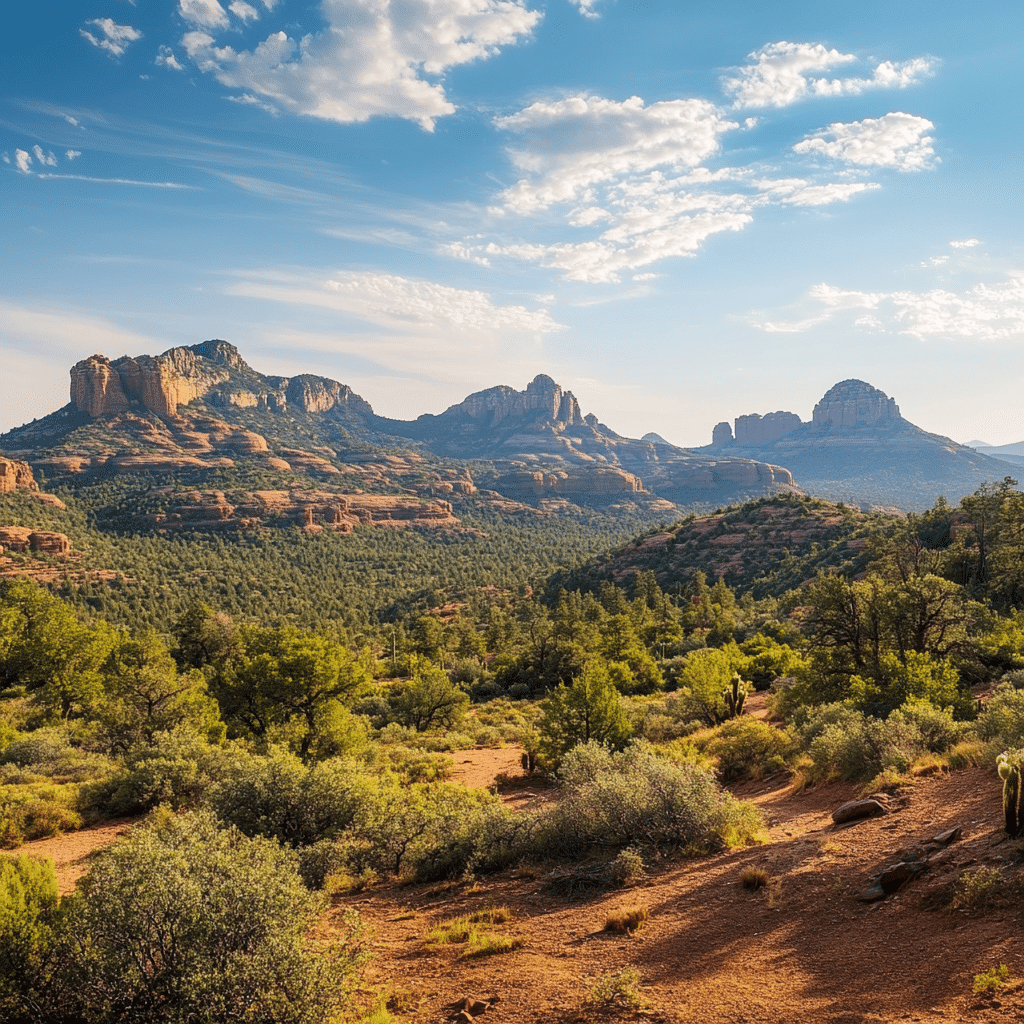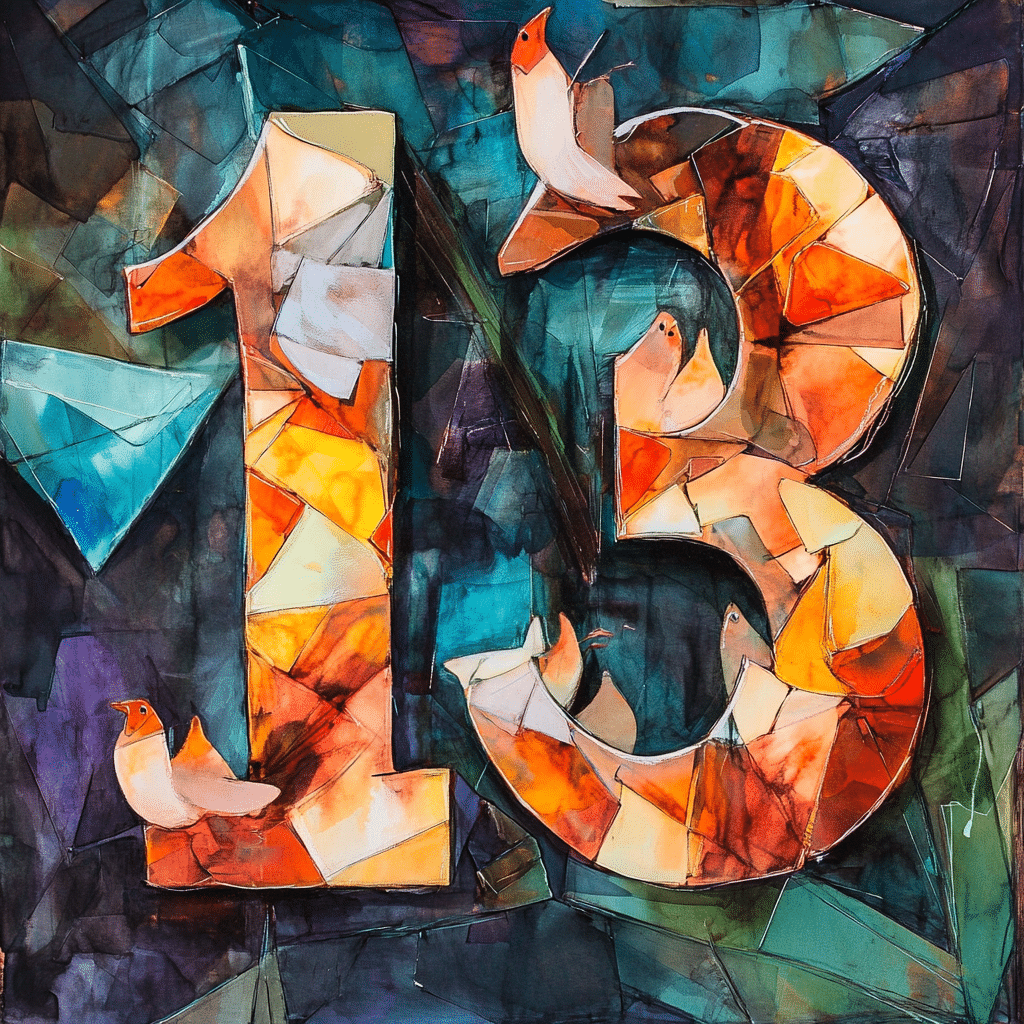Understanding the Dangers of Rape Porn Non-Consensual Content Disguised as Adult Entertainment
Let’s face it, folks—when we talk about the adult entertainment industry, we’re walking a fine line between what’s considered to be consensually edgy and what’s downright illegal and unethical. We’re here to shed light on a part of this world where that line isn’t just crossed—it’s obliterated.
When it comes to adult content, there’s a world of difference between consensual material and the depraved underworld of what’s been labeled as ‘rape porn.’ One is a legally produced and distributed form of entertainment between consenting adults; the other is a cruel and illegal abuse that has no place in society, let alone on any self-respecting digital platform.
Globally, the legal implications of peddling non-consensual content are hefty. From shuttering businesses to prison time, the law is clear—if you produce or distribute non-consensual content, you’re not just on the wrong side of morality; you’re on the wrong side of the law.
Behind the Screen: The Realities of Non-Consensual Acts in Adult Media
Diving deeper, the portrayal of sexual violence as a form of entertainment has chilling effects on both viewers and society at large. It distorts how sexual interactions should occur and muddies the waters in understanding consent. The fallout? Real-life tragedies that mirror the very acts these videos illegally glamorize.
Survivors of sexual violence have voiced out, time and again, the irreparable harm done by such content. Their heart-wrenching stories unveil the emotional and psychological scars left behind—lasting far longer than any fleeting shock factor such content provides.
Let’s be crystal clear: by failing to delineate between consensual sex and sexual assault, society is skating on thin ice. It’s a dangerous mix-up with real-world repercussions. Don’t be fooled; it’s a serious crime, not a fantasy to be sold as entertainment.

| Aspect | Details |
| Definition | Pornography that simulates or appears to depict non-consensual sexual acts or rape. |
| Legal Status | Illegal in many jurisdictions under laws addressing rape, sexual assault, and non-consensual pornography. In some places, it falls under “obscenity” and is banned even if depicted acts are simulated by consenting adults. |
| Psychological Impact | Exposure linked to increased acceptance of rape myths, desensitization to sexual violence, and potential reinforcement of harmful beliefs and behaviors. However, individual responses vary. |
| Prevalence | Precise data on prevalence difficult due to nature of the content; however, there have been calls to action against the increased presence of such material online. Websites may inadvertently host or promote such content under the guise of fantasy. |
| Laws and Global Efforts | Varies by country; criminalization often under sexual violence or obscenity laws. International efforts like the Budapest Convention on Cybercrime include measures to combat sexual exploitation and abuse online. |
| Impact on Survivors | Can serve to retraumatize and invalidate the experiences of sexual assault survivors. Often raises concerns about minimization and glorification of sexual violence. |
| Countermeasures | Implementation of verification systems to ensure consent in adult content, AI-based content moderation tools, stricter regulations and enforcement by authorities, education, and advocacy on the realities and impact of sexual violence. |
| Support Resources | Resources available to survivors of sexual violence and to individuals seeking help with pornography addiction or behavior change, including crisis hotlines, counseling services, and support groups. |
Algorithms of Harm: How Search Engines Can Unwittingly Promote Violence
Now, even though no well-intentioned search engine would knowingly promote such vile content, slipping through the cracks is easier than most realize. We’ve got algorithms out there playing a dicey game, sometimes giving visibility to harmful content as they attempt to interpret search queries.
Big tech bigwigs—you’ve got a part to play. Your algorithms could be inadvertently leading users down the darkest alleys of the internet. Wrestling with this digital hydra calls for smarter monitoring and control tactics to ensure that search engine rankings don’t become the megaphone for such problematic terms.
Digging into the records, we find the tech titans are now battling it out with these algorithms—reining them in, tweaking them, all in the name of making the digital sphere a little less harmful.
Advocating for Ethical Consumption: The Responsibilities of Platforms and Users
Every platform hosting content has a duty—a bulwark against the spread of ‘rape porn.’ Sure, it’s a fine line between censorship and responsibility, but listen up, because making that distinction is crucial.
As for us, the average Joes and Janes out there surfing the web, we have a role to play as well. Ethical consumption isn’t just for food, folks. It extends to the digital outputs we digest every day. Know the signs, walk away from shady content, and report, report, report.

The Importance of Consent: Educational Initiatives Changing the Narrative
The word of the moment, the lesson at hand, is consent. Worldwide campaigns are charging ahead, changing the conversation one educational push at a time. They’re working to shed light on what should be a common sense topic but, astonishingly, isn’t—consent.
Drive down any city block and you’ll see billboards plastered with “No Means No,” a simple yet powerful mantra. Organizations are pushing for clarity, enthusiasm, ongoing affirmative consent as the golden standard, not just in the boudoir but in every walk of life.
From legal frameworks to global organizations, the cavalry’s here, and they’re hell-bent on teaching a simple truth that should have been evident from the get-go.
Legal and Ethical Frameworks: Shaping a Safer Future in Adult Entertainment
Now, let’s chop it up about the tightrope regulators walk balancing legal oversight with freedom of expression in adult media. Every country’s got its rule book, and while the core message is consistent—non-consensual content is a no-go—some are more adept than others at enforcement.
Comparing notes on international laws reveals a patchwork quilt of regulations. Some wrap up the industry in a warm protective hug, while others leave much to be desired.
Enter the stage, ethical guidelines. These babies are becoming the compass guiding the adult entertainment industry to ensure everyone involved, from performers to viewers, is on the up-and-up.
The Tricky Path to Redemption: Stories of Change within the Adult Film Industry
We’re not just spinning a tale of doom and gloom here, folks. There are rays of hope piercing through the industry, and they come in the form of businesses and performers steering the ship towards ethical shores.
Case studies paint a picture of evolution amidst the adult film industry. Once marred by non-consensual content, there are now strong advocates for consent and performers’ rights—a transformation as sweet as discovering new ice cream Flavors for your palate.
Anecdotes from directors and starlets alike who mandate consent seals in their productions are not just lip service—they’re making real change. This is more rejuvenating than watching a gallery of cute Puppies chasing their tails in the springtime air.
Paving the Way for Informed Discourse and Safer Online Spaces
After peeling back the curtain on the adult entertainment industry, one thing is clear: ethically created and consumed content is the only path forward. Everyone from tech giants to mom-and-pop platforms, from casual browsers to social media influencers, has a role to carve out a safer, more understanding arena. Where consent is king, and non-consensual content is relegated to the dustbin of history.
We’re all in this together, shaping an industry and a digital world that upholds respect, dignity, and mutual enjoyment. So let’s keep this conversation roaring like a 5.11 tactical jet afterburner. Because at the end of the day, my friends, it’s about safeguarding something innately human—the simple freedom to choose.
Note: Reactor Magazine does not condone or promote the creation, distribution, or consumption of non-consensual content in any form. This article is a call to action for safer, ethical practices in all forms of media.






















